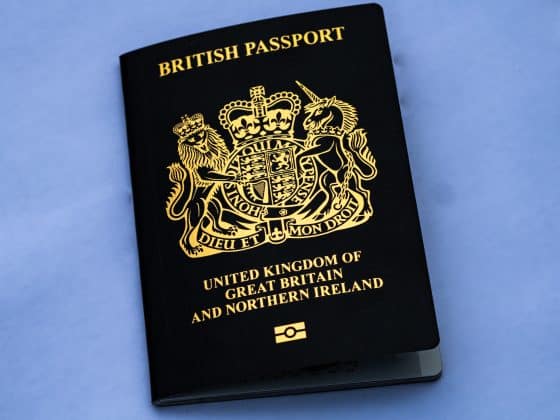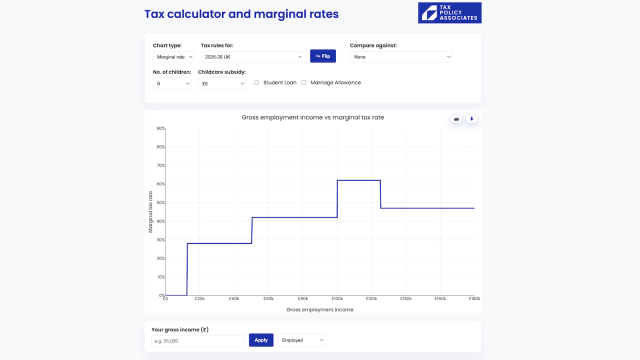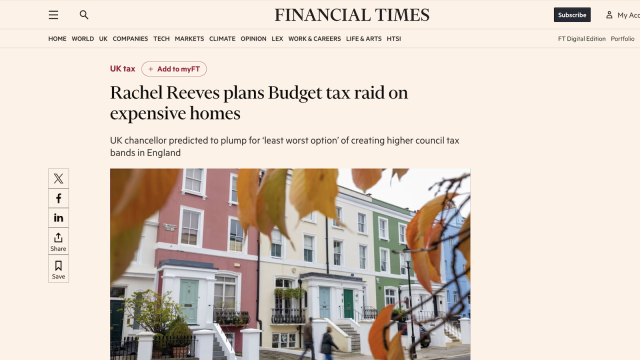Thanks to a new paper, we can put numbers on the non-dom regime – the assets it covers, and the income/gains they generate, and taxpayer responses to losing non-dom status. So, armed with this data, how should we reform the non-dom regime?
I’ve written before about the UK non-dom regime. We realistically need some kind of simplified tax regime for new arrivals, but the non-dom regime is of little practical use to normal people arriving in the UK (even highly paid ones), but of huge value to the exceedingly wealthy.
There is a new paper🔒 from Arun Advani, David Burgherr and Andy Summers which lets us put some numbers on all this. They estimate abolishing the non-dom rules would raise at least £3.2bn of income tax and capital gains tax revenue. That would be reduced by £210m if we keep the rules for the first year after someone arrives in the UK, and £860m if we keep the rules for the first three years.
So, informed by this, how would I reform the non-dom rules?
I’d burn the whole thing to the ground:
- End the “domicile” concept, which is complex and uncertain – and with all things complex and uncertain, that makes life harder for honest taxpayers and easier for tax avoiders and tax evaders. Replace it with a simple statutory test. For example: if you’ve never been resident in the UK before, then we have a new temporary non-resident scheme which applies for your first few years.
- End the over-generous 15 year timespan. Three years is plenty. We want to give people time to land on their feet and adapt. We don’t need a semi-permanent class of UK residents with a raft of generous tax exemptions.
- End the complexity of the remittance basis. Simply exempt temporary non-residents from all UK tax on their worldwide income and gains, subject to a lifetime cap of say £2m (to prevent the UK becoming a stepping stone in ultra-high net worth tax planning).
- Inheritance tax should follow that. Exempt temporary non-residents from inheritance tax on their foreign assets. Everyone else fully subject to inheritance tax. And only fair we rationalise the treatment of those leaving the UK – perhaps taper down inheritance tax over seven years for those who cease to be resident.
So this potentially raises £2bn more in income tax and capital gains tax, plus probably at least £500m in inheritance tax.1 It gives us a very generous treatment for new arrivals, giving them time to land on their feet. And it’s actually available and useful to all, not just the very advised.
However, we need to go further:
- If all we do is end the non-dom rules, then the very wealthy, and very well-advised, will be surprisingly unaffected. Why? Because they’ll have put their offshore assets into offshore trusts. 2 How do we achieve this? I’m open-minded. We could push people to close the trusts, e.g. by taxing them say 5% of a trust’s asset value each year. Or we could tax the trusts just as if the settlor still owned the trust property. Plenty of other options. The important thing is that there’s no point reforming the non-dom rules if we don’t also close down excluded property trusts.
- There are thousands of non-doms who have offshore property/assets which they can’t bring into the UK without a remittance charge. We could keep the old remittance rules for these assets – but that would just pile complexity on top of complexity. Instead, I’d say to them: okay, we’re going to tax all of your offshore income and gains going forward. But all your historic assets, income and gains? You’re now free to bring it into the UK without remittance tax. That may strike many non-doms as a good deal.
Obviously this is a high level road map and not a detailed proposal. There is a lot of complexity here, particularly around trusts, which is why it’s important that reforms are the subject of detailed thought. By which I don’t mean consultation – there should be consultation on the precise mechanics, but the principles, once decided upon, should be set in stone. All the endless complexity shouldn’t distract us from the basic point: the non-dom rules are broken, unfair, and should go.
Passport image by Caspar Rae on Unsplash
Footnotes
We can do a back-of-the-napkin calculation to estimate the order of magnitude as follows: the paper estimates non-doms have £10.9bn in foreign income and gains, implying assets of well over £100bn. It should be reasonably straightforward to apply an actuarial model to age cohorts and estimate how much of the £100bn+ will be owned by people dying whilst resident in the UK in any given year, but for the moment let’s assume it’s 5%. Then apply the rate of IHT to that – not 40% but 10%, the actual effective rate for the very wealthy. So the napkin says: £100bn of assets x 5% x 10% = £500m. The assets will be much more than this (meaning a bigger number), dynamic effects very considerable (meaning a smaller one), but this should give us the right number of zeroes ↩︎
These are (very broadly) excluded from UK tax if the settlor (the person creating the trust) was a non-dom at the time it was created. ↩︎








Leave a Reply to Laurence Parry Cancel reply